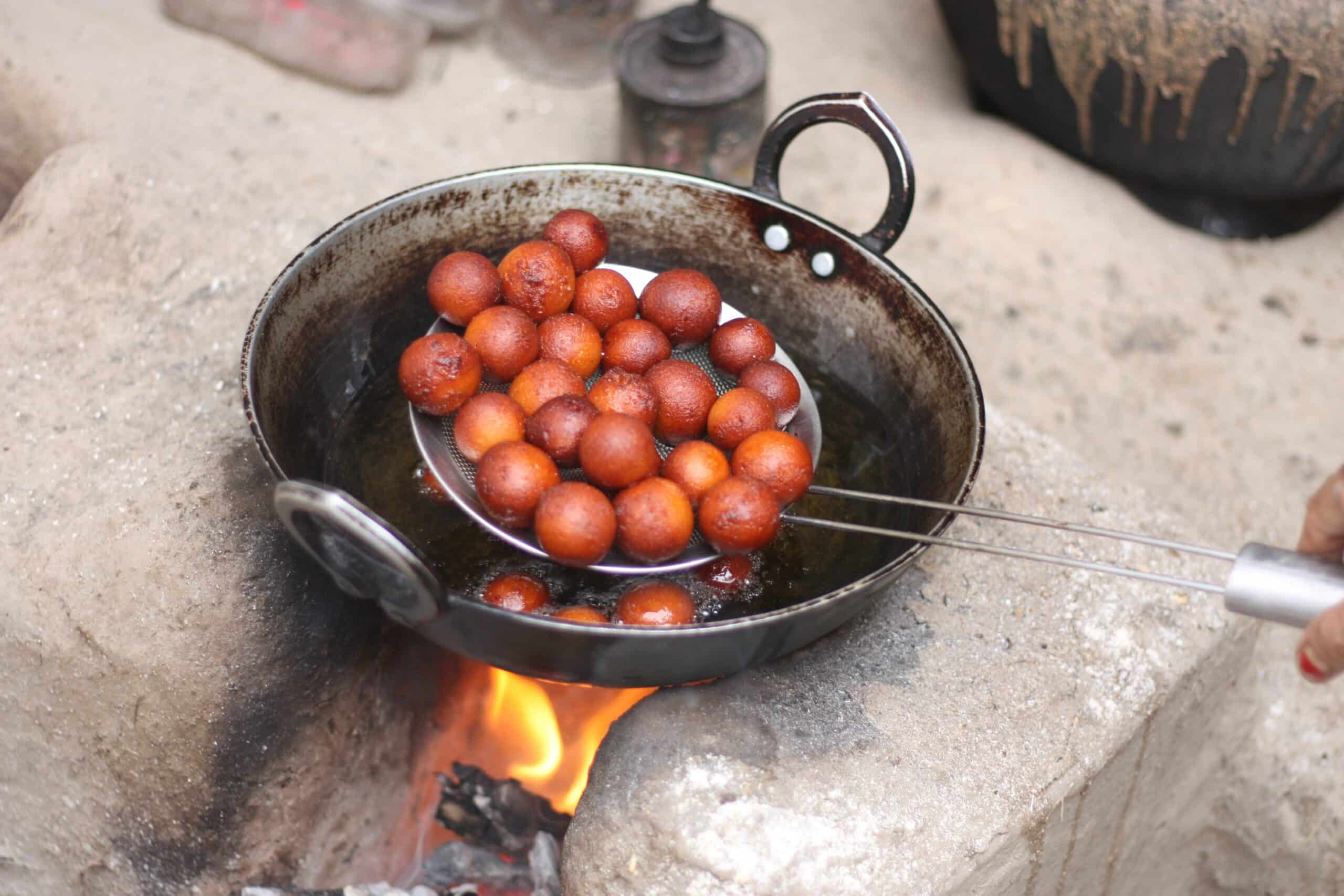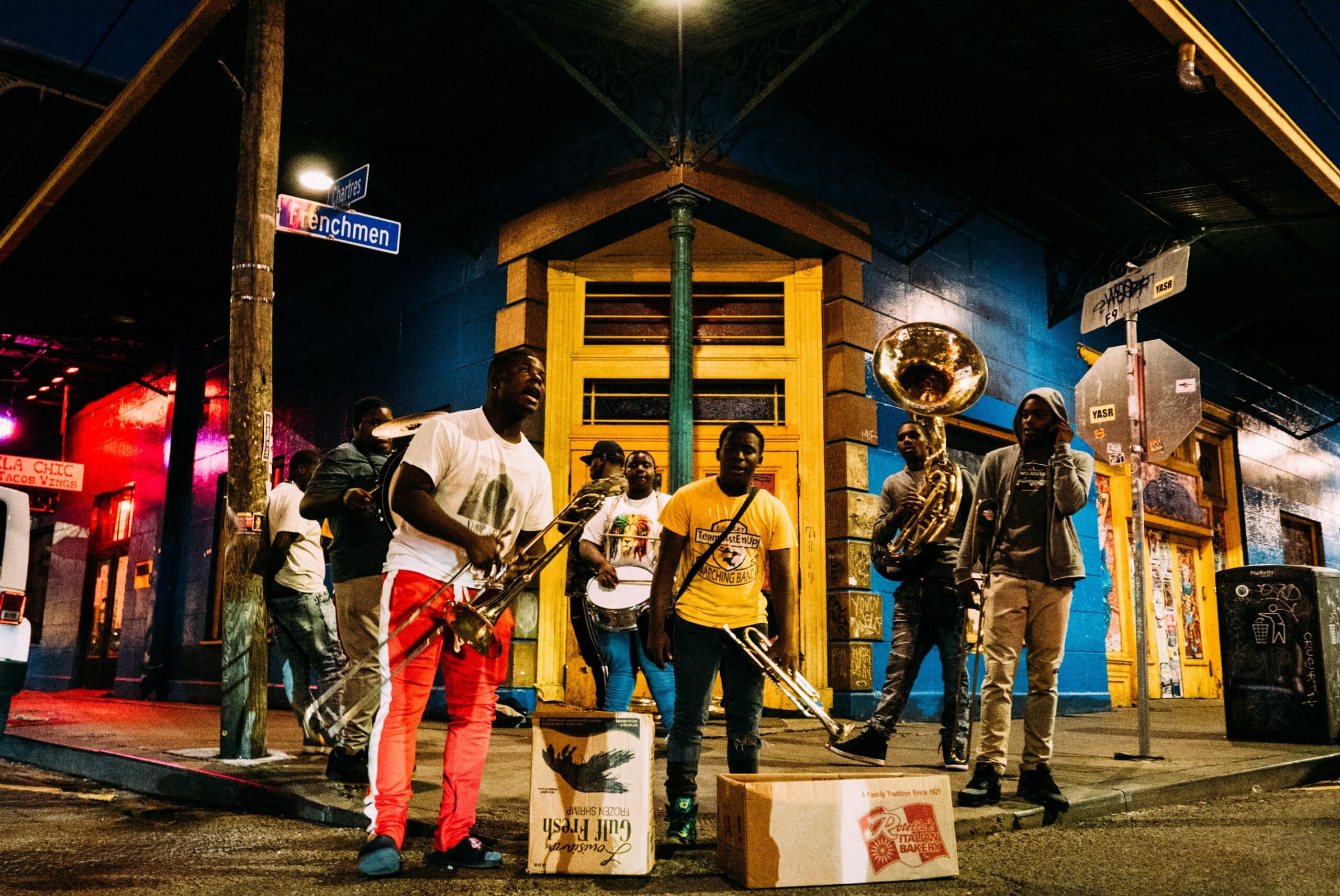As one of the world’s most popular beverages for centuries, tea integrates into countless cultures as a beloved daily ritual. From East to West, regional tea preparations reveal local customs, hospitality, and Zen-like discipline honoring the restorative hot brew.
Peace and Refinement in Japan
In Japan, the ritualistic act of preparing and presenting matcha green tea embodies history and grace as one of the world’s most dignified traditions. Called Chanoyu, the intricate Japanese tea ceremony centers on tranquility, respect through prescribed movement, and appreciation of exquisite utensils.
Participants ritually purify hands and palate before entering the tearoom’s serene space. Meticulous preparations then commence measuring matcha powder for frothing, arranging sweets, and expertly whisking water at ideal temperature to honor guests.
The host serves tea in ceremonial sequence, from the most honored guest to the least. Attendees show gratitude not through words but by slowly rotating and drinking tea to completion. And so the elegant ceremony reflects the very soul of old world Japanese refinement.

British Tea Time Traditions
No culture revolves around tea time quite like the British. While afternoon tea once accompanied upper crust ladies at home, fancy hotels now preserve the food and frippery in lavish rituals.
White glove service presents tiered platters brimming with miniature sandwiches, freshly baked scones, pâtiserrie, and jams. Darjeeling first flush black teas fill immaculate silver pots to slake continually offered refills. Napkin promptly on lap, one indulges daintily from three-bite finger fare to live string quartets amid opulent surrounds.
And so the fanciful afternoon tea service stocks British novels for centuries more as an idealized bastion of politesse and pomp. The custom spans centuries and economic lines as enduring nostalgia for better days reflecting timeless English hospitality.
Social Rituals of Maghrebi Mint Tea
In Morocco, mint tea gathers people together in hospitality and leisure like nowhere else. Making “Maghrebi mint tea” means combining Chinese gunpowder green tea with fresh spearmint, sugar and hot water repeatedly poured high into tin-lined glasses from a teapot spout.
But socially, tea time invites relaxed conversation and bonding over refreshments as in Islamic cultures prohibiting alcohol. Neighbors drop by, family gathers, and business associates meet for discussions lubricated by stream of sweet mint tea courtesy of the host.
The ritual welcomes and punctuates all meetings in Moroccan life. Visitors quick learn customs like gently waving away the third pouring unless ready to stay indefinitely. From street stalls to high diplomacy, mint tea etiquette greases the wheels of Morocco’s socially essential beverage.
Russian Tea Tradition – The Samovar
Culturally the samovar symbolizes Russian tea rituals perhaps more than the drink itself. These often ornate metal urns slowly boil water for diluting strong tea concentrate from a built-in tap, then steeping the blend directly in your cup.

Between the host continually proffering refilled glasses and sharing sweet preserves for snacks, tea time fosters warm hospitality. Friends or strangers alike bond over the samovar as expectation dictates nobody should leave a social gathering thirsty or dissatisfied.
And so enduring samovar tea customs echo culturally ingrained Russian hospitality. Etiquette insists you sip politely with others rather than refuse more tea that may be offered past comfort.









